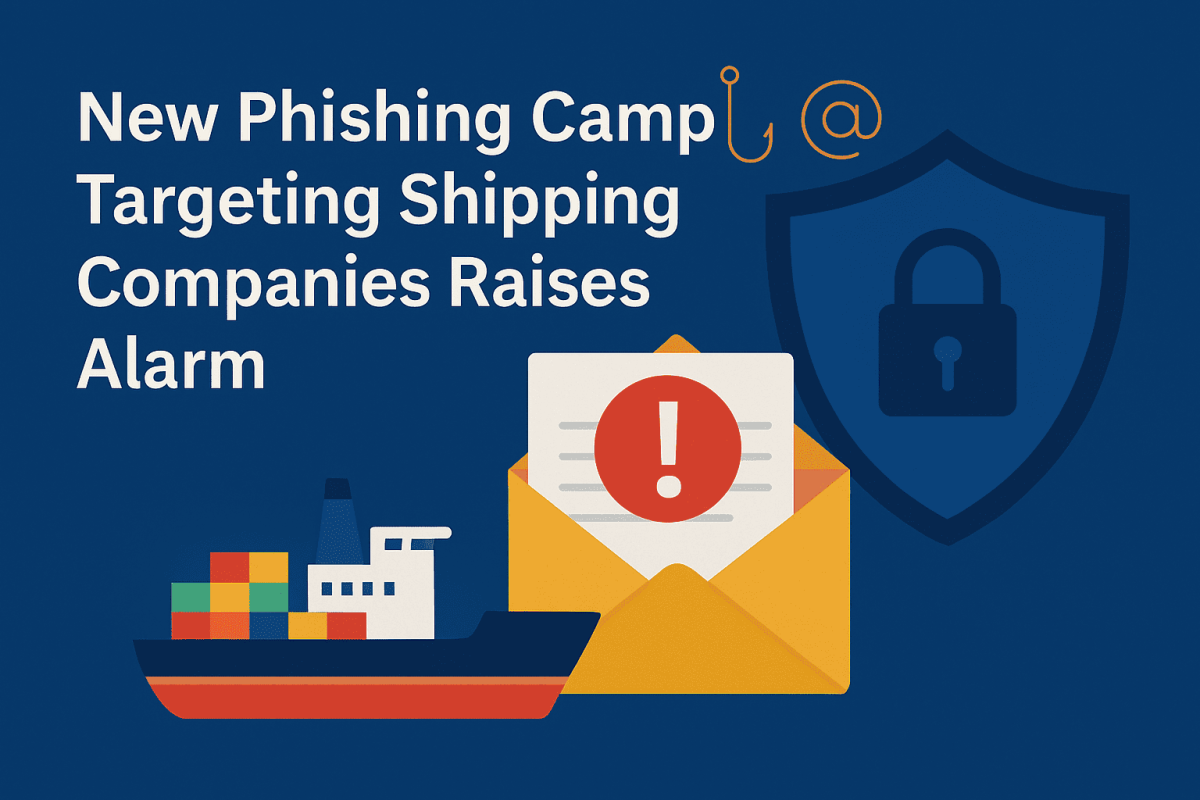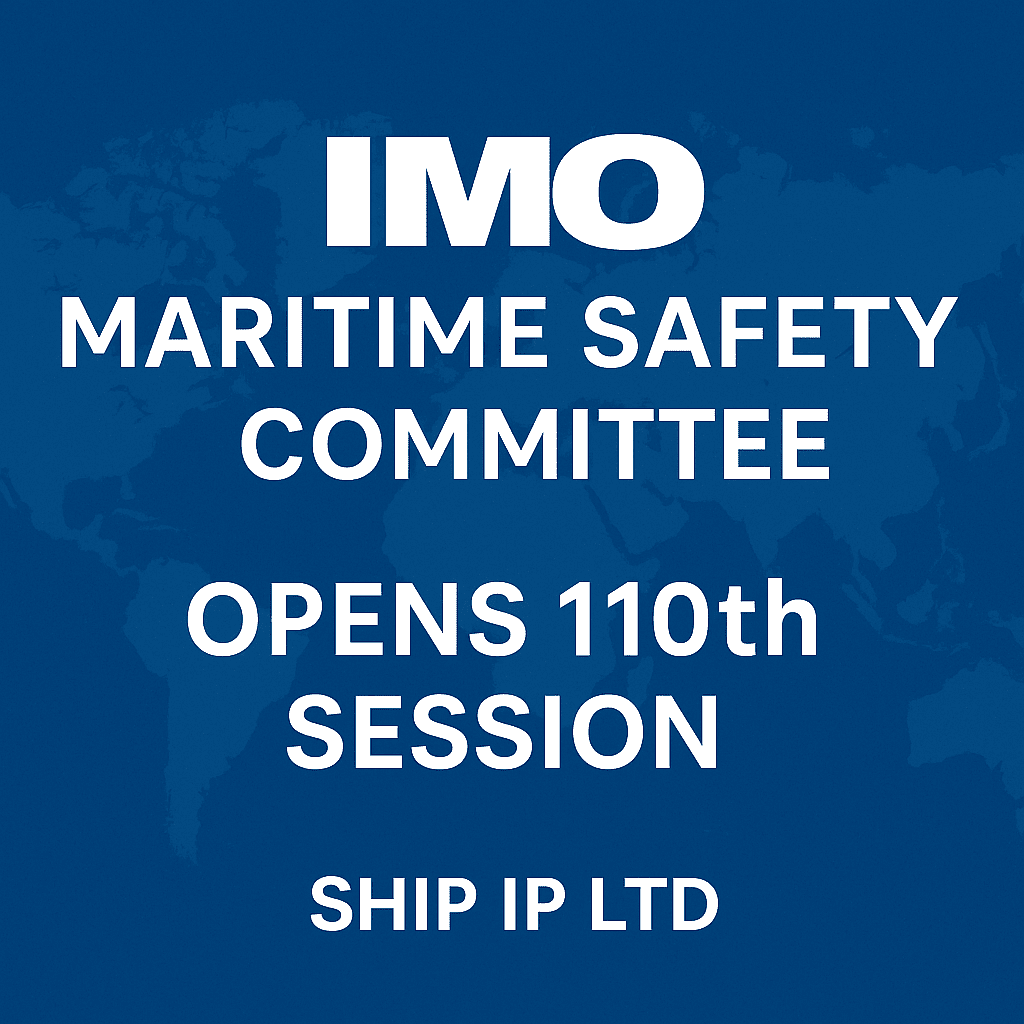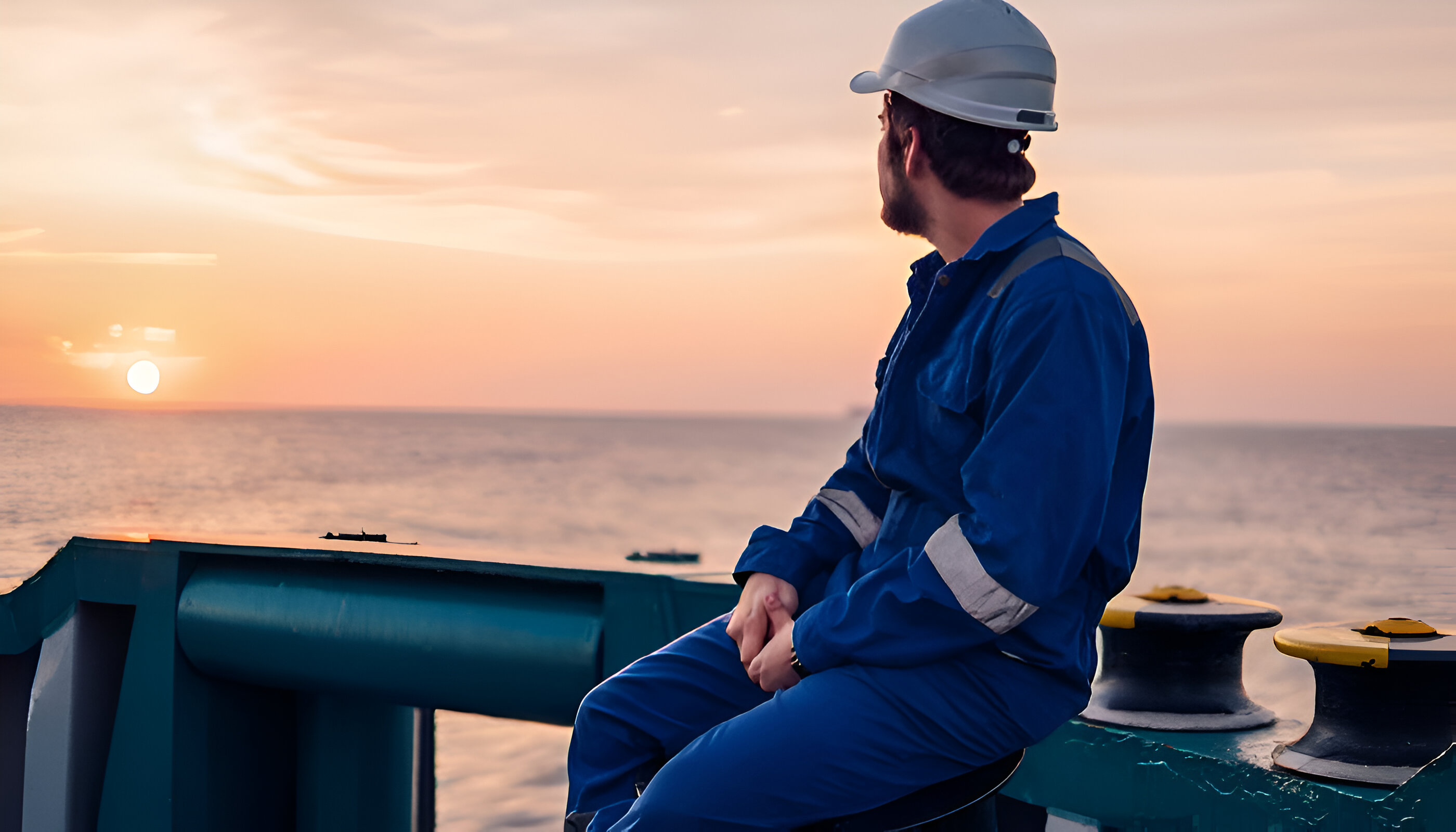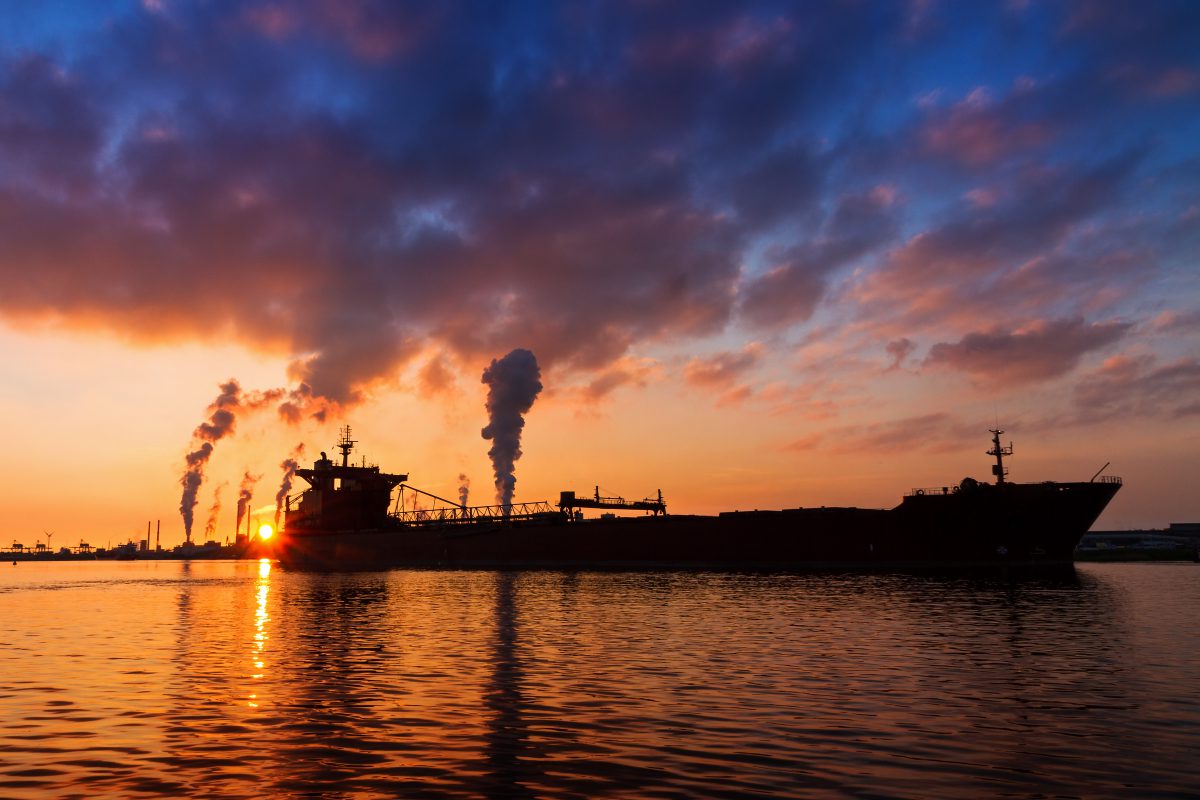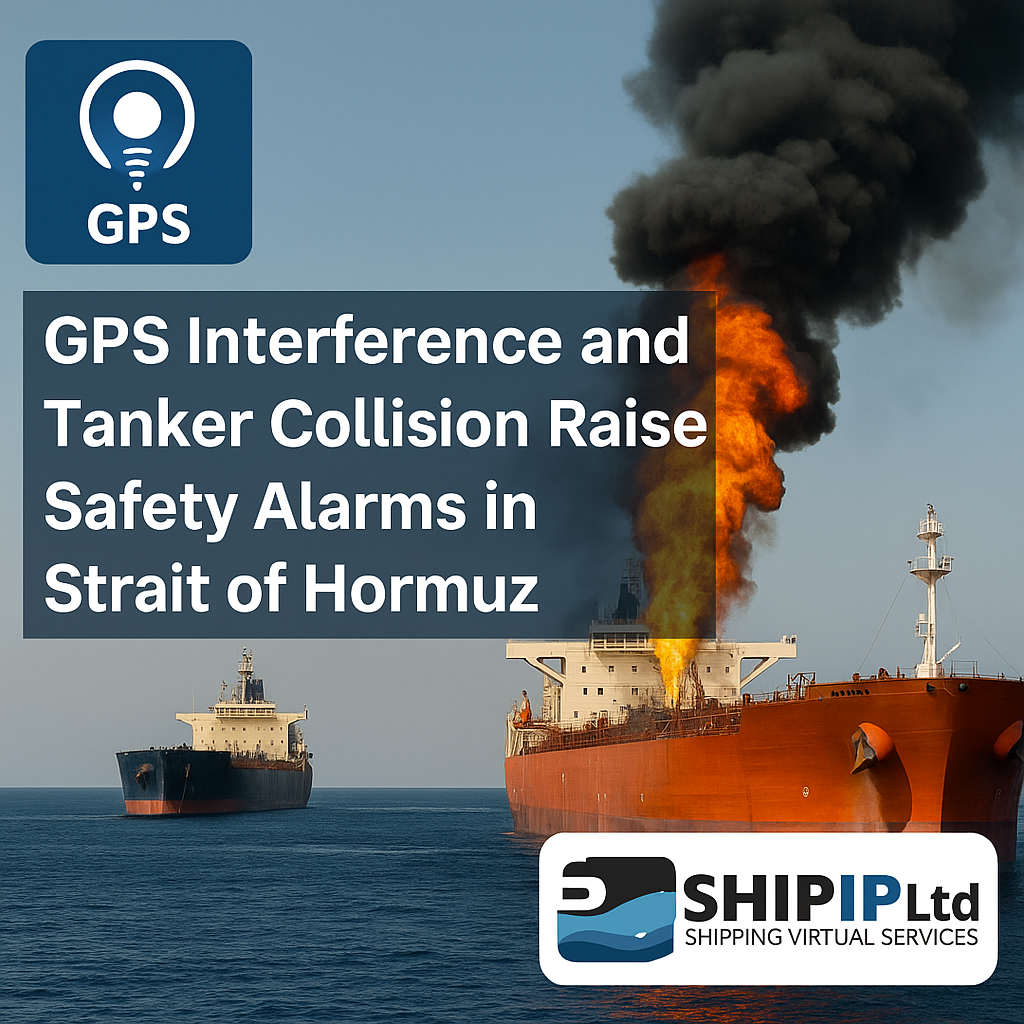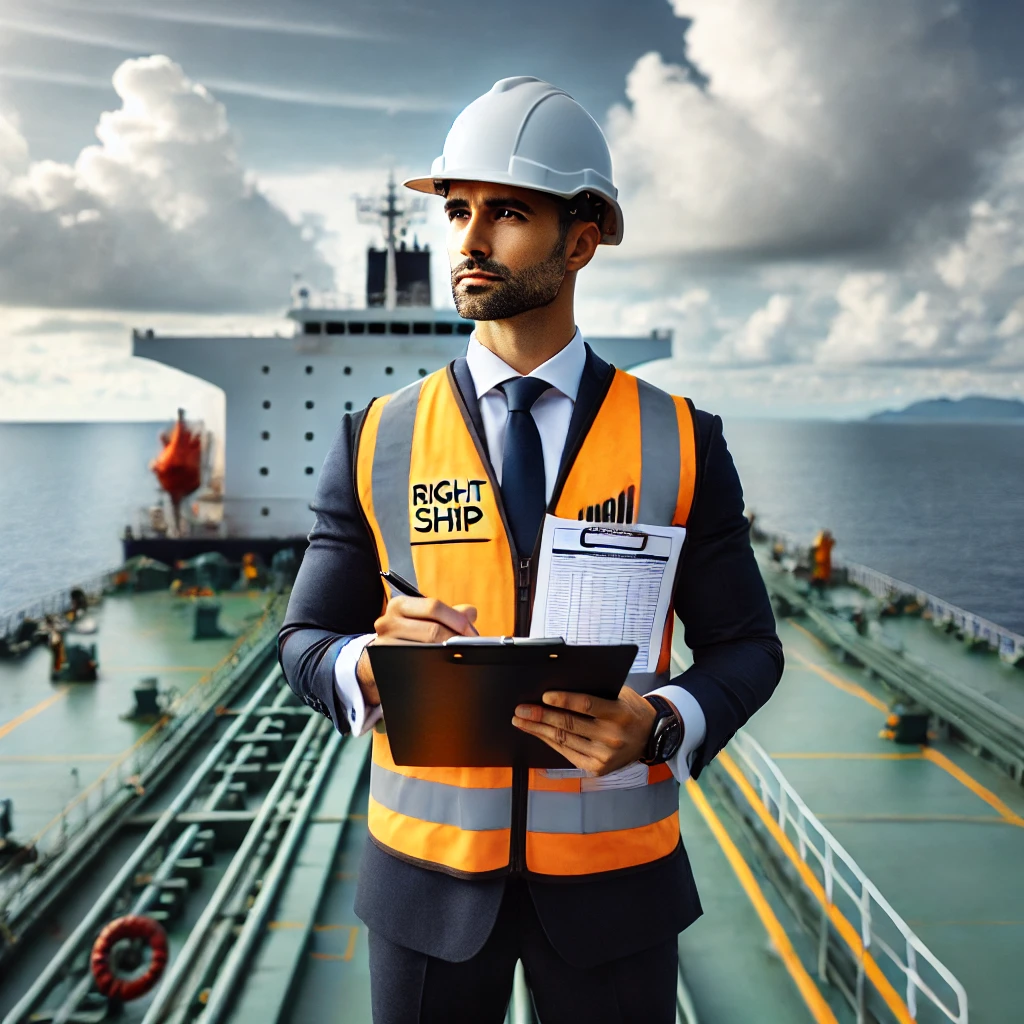In the latest wave of maritime cyber threats, a new phishing campaign has emerged that is specifically targeting shipping companies and maritime logistics operators. This sophisticated attack is exploiting vulnerabilities in human behavior and outdated security protocols, reinforcing the urgent need for enhanced cybersecurity awareness and systems across the maritime sector.
📧 How the Phishing Campaign Works
Cybersecurity analysts from several threat intelligence sources have observed a coordinated campaign using spoofed emails and fake shipping documentation to trick employees into clicking malicious links or downloading harmful attachments.
Typical emails are disguised as:
-
Port clearance documents
-
Charter party updates
-
Invoice disputes or urgent payment requests
-
Container status or customs alerts
Once a user engages with the malicious content, attackers attempt to:
-
Harvest login credentials for internal platforms
-
Infiltrate corporate email chains (Business Email Compromise – BEC)
-
Deploy ransomware or data-stealing malware
🚢 Why the Maritime Industry is Being Targeted
The maritime sector remains a high-value target for cybercriminals due to:
-
Increasing digitalization (e.g., eNavigation, cloud-based logistics)
-
Often outdated or unpatched IT systems onboard and onshore
-
Time-sensitive operations, making staff more likely to act on “urgent” emails
-
Lack of regular cyber awareness training across crews and offices
Shipping companies handle massive amounts of sensitive data—from cargo manifests to crew details and port documents. Gaining unauthorized access can allow attackers to disrupt operations, demand ransoms, or steal commercial secrets.
⚠️ Real-World Implications
The risks of falling victim to phishing in maritime operations include:
-
Operational delays (caused by system lockouts or fraud investigations)
-
Financial loss from fake invoice payments or ransom demands
-
Reputational damage, especially if client data is leaked
-
Regulatory penalties under data protection and cybersecurity compliance laws
🔐 How to Protect Your Organization
Maritime companies are strongly advised to take immediate steps to strengthen their cyber defenses. These include:
✅ 1. Employee Training
Conduct frequent training to help staff recognize phishing attempts, especially those disguised as maritime-specific documents.
✅ 2. Email Authentication
Implement DMARC, SPF, and DKIM protocols to reduce email spoofing.
✅ 3. Multi-Factor Authentication (MFA)
Require MFA for all access to internal systems and cloud platforms.
✅ 4. Endpoint Protection
Deploy advanced endpoint detection and response (EDR) tools on shore and ship-based IT systems.
✅ 5. Incident Response Planning
Have a clear and tested response plan in case of phishing attacks, including isolation of infected devices and communication protocols.
🔎 Final Thoughts
As maritime operations become more reliant on digital systems, the human element remains the weakest link in cybersecurity. This phishing campaign is a reminder that cybersecurity is not just an IT issue—it’s a safety and operational continuity issue.
Now is the time to review your cybersecurity posture and invest in both technology and training that can keep your business afloat in an increasingly hostile digital sea.

